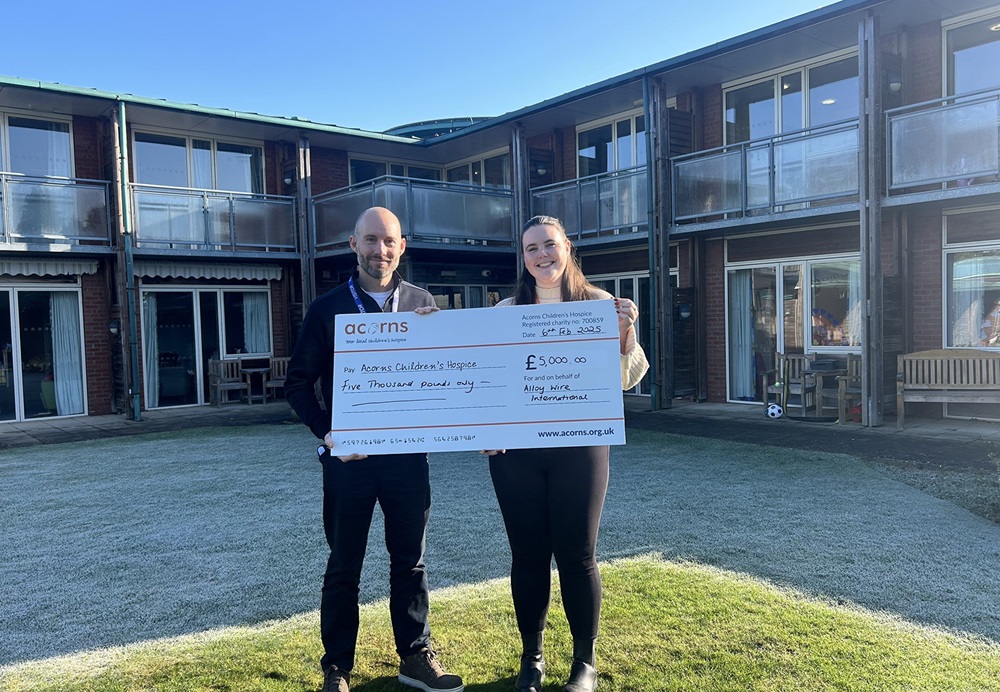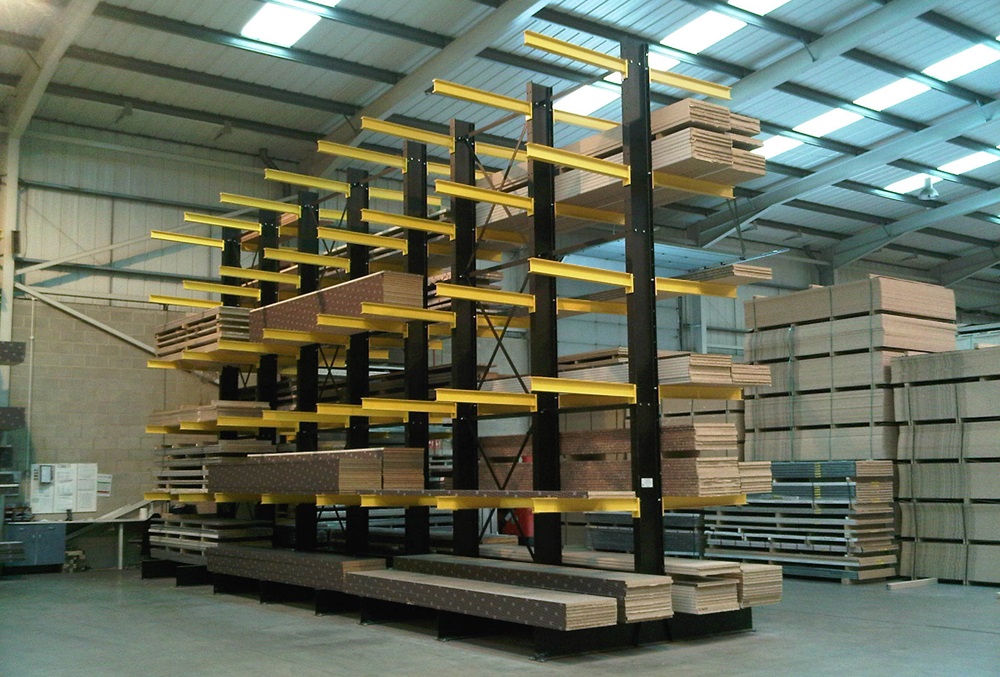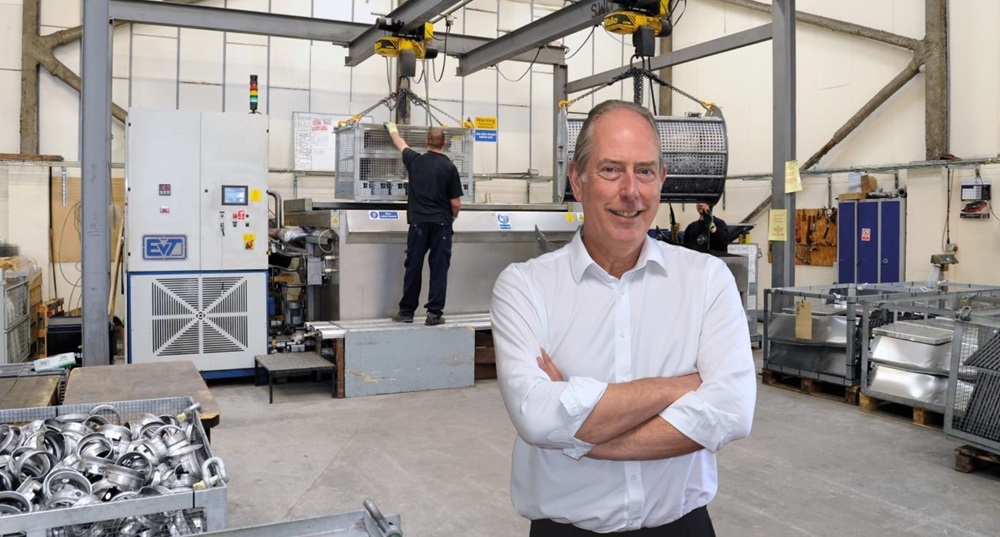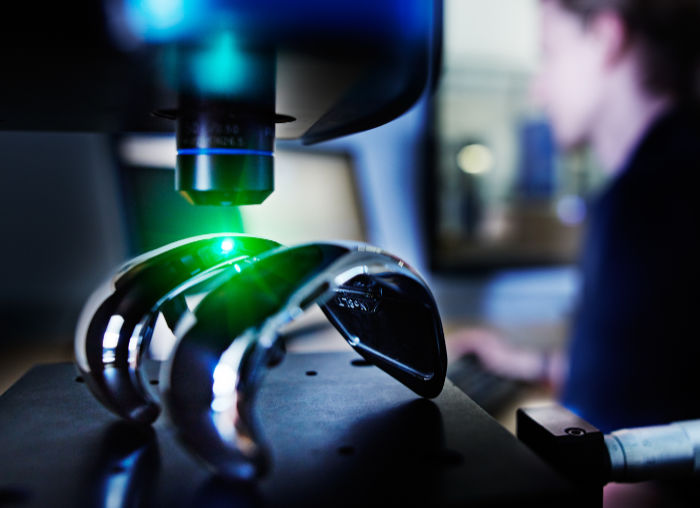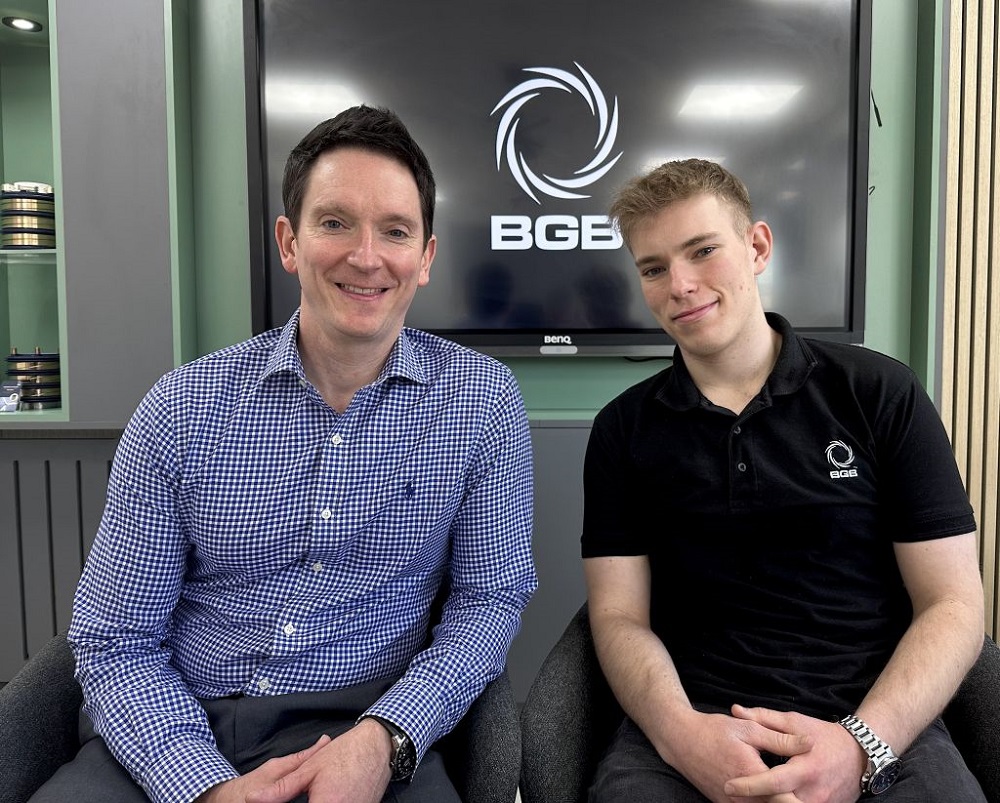Midland Deburr & Finish, a specialist in metal deburring and degreasing based in Lye, is championing the latest wave of investment into the UK battery technology sector. With years of experience working on critical automotive battery components using both vapour and solvent degreasing techniques, the company sees this renewed commitment to battery innovation as a vital boost for British manufacturing.
The collapse of Britishvolt was a disappointment for many in the industry, raising concerns about the UK’s ability to compete in the global race for battery production. However, new investments into the sector, such as the ambitious plans by UK start-up Volklec to build a £1bn gigafactory, signal a fresh start – one that Midland Deburr & Finish hopes will place Britain at the forefront of sustainable automotive technology.
Chris Arrowsmith, managing director of Midland Deburr & Finish, welcomes the renewed focus on battery production: “As a company that has played a role in the supply chain for battery components, we know how important this sector is for the future of UK manufacturing. The latest investment commitments, including Volklec’s partnership with Far East Battery, are a real step in the right direction, giving manufacturers and suppliers confidence to drive innovation and efficiency.”
Midland Deburr & Finish has extensive experience in preparing battery components to the highest standards, ensuring optimal cleanliness and performance. The company’s expertise in precision degreasing plays a crucial role in the automotive supply chain, supporting the production of high-performance battery systems.
“The UK has the talent, expertise and infrastructure to lead in battery technology,” Arrowsmith adds. “With the right backing, we can create a thriving ecosystem that supports jobs, innovation, and sustainability.”
More information www.midlanddeburrandfinish.co.uk






